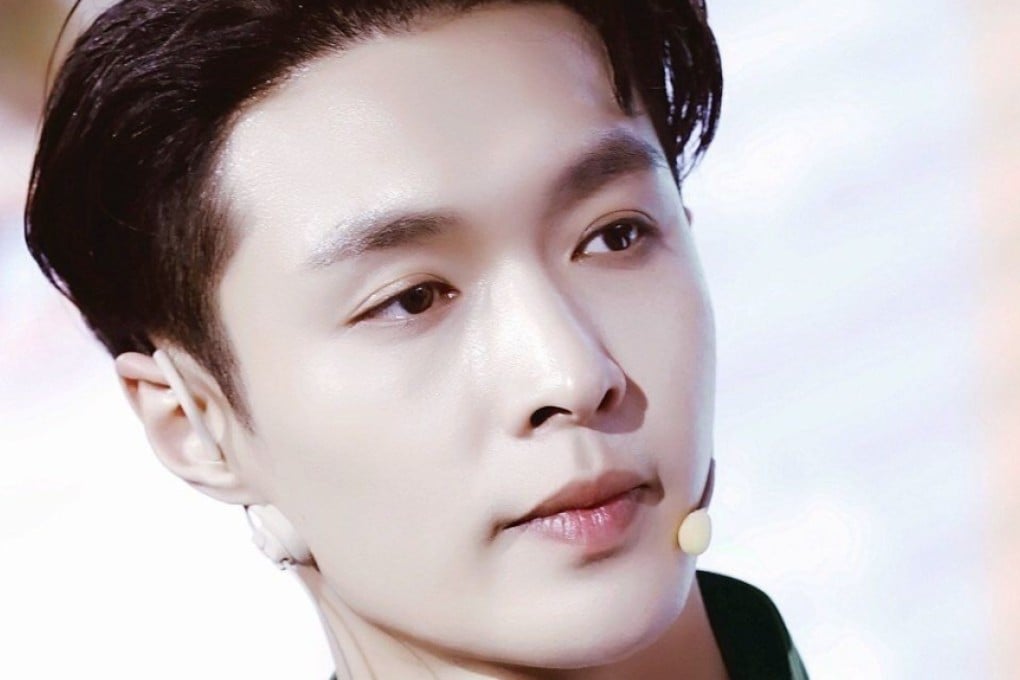Chinese K-pop star, Exo’s Lay Zhang aims to make it big in America in 2019
- He became the highest-charting Mando-pop artist in Billboard history with his Chinese/English 2018 debut solo album, and he’ll be at the Grammy Awards
- Zhang recently performed in Shanghai with rapper A$AP Ferg and DJ Steve Aoki, who says he’s ‘got something really special’

When you’re a Chinese pop sensation with your sights on America, your schedule is bound to be backed up.
Last year marked his solo debut in the United States, where he immediately made an impact. His 22-track album “Namanana”, recorded in both Mandarin and English, quickly soared to No 21 on the Billboard 200 – making him the highest-charting Mando-pop artist of all time.
He already has American activities in the works this year: he’ll attend the 61st Grammy Awards as an ambassador for radio station FM Donggan 101.
It’s a move that brings him one step closer to a long-term goal of performing at the Grammys. In the meantime, he’s linking up with big names from the West – on January 20, he lit up the stage in Shanghai alongside DJ Steve Aoki and rapper A$AP Ferg.
Zhang made his name in South Korea as the main dancer for Exo and his return to full promotional activities in the K-pop supergroup is hotly anticipated. He appeared in the music video for Exo’s recent Tempo single and provided vocals for the Chinese version of the track. But he’s mainly been focusing his energy on a solo career in China.